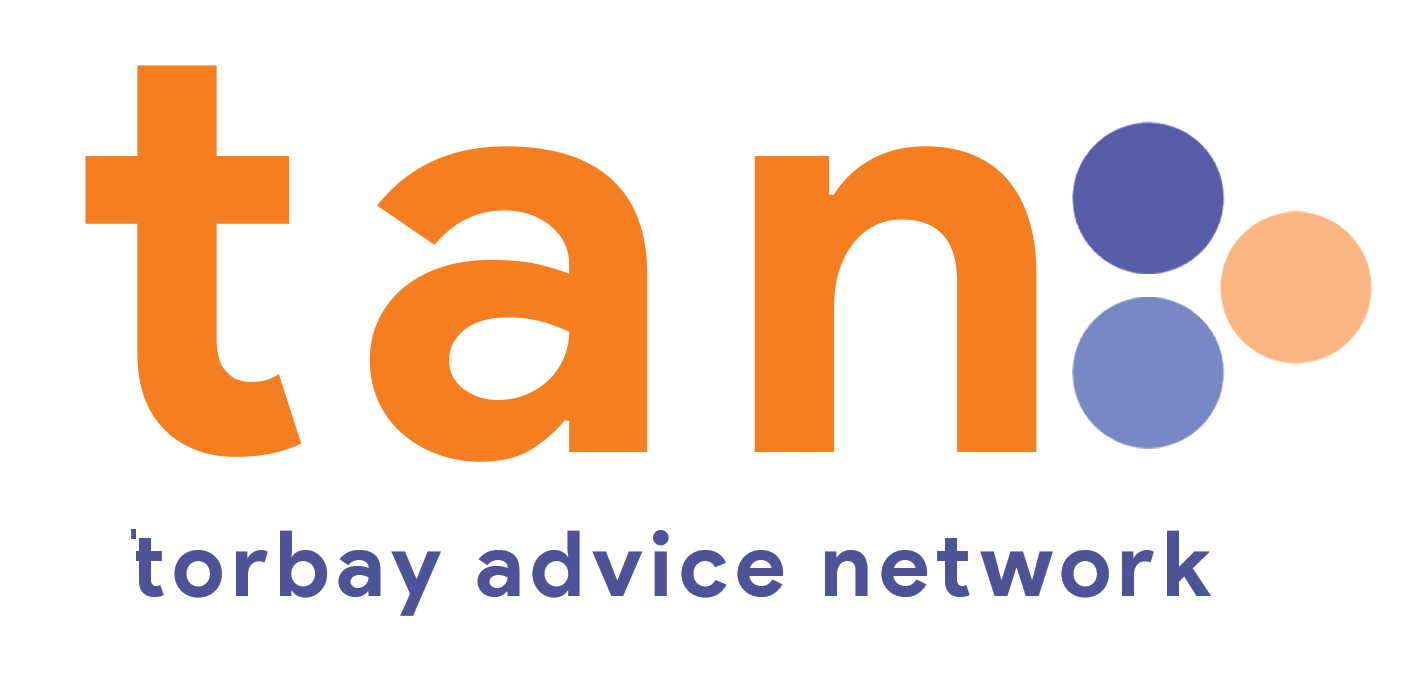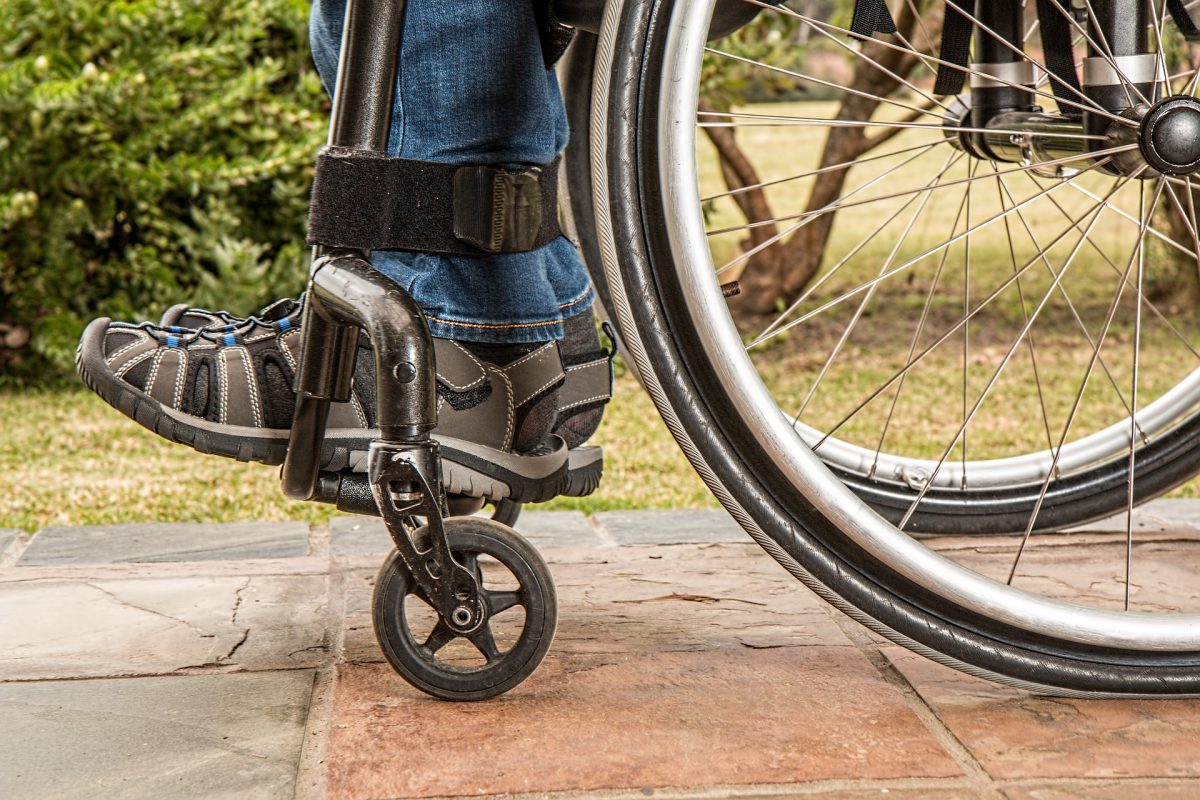In 2019, Child Poverty Action Group (CPAG) published a report series, Computer Says No, which focused on the
problems with information provided to people claiming universal credit (UC), and the problems claimants
experience when they try to challenge a decision about their UC award. Many of these problems relate to the fact
that UC is a ‘digital first’ benefit, and the vast majority of claimants make and manage their claim online.
The UK government is resettling Afghan families under several different schemes. For the rights to benefits for those entering the UK under the asylum route, see CPAG’s Benefits for new refugees factsheet. This factsheet provides basic advice about the benefit rights of those admitted under these other schemes.
With Mental Health becoming better understood with every passing day, it is important for people to understand the impact their decisions can have on someone else’s mental health.
Published by the National Office of Statistics, the quarterly report looks at a variety of details surrounding every benefit that DWP provides, including Universal Credit and Employment and Support Allowance.
The 3-part Strategy was made with advice from experts, businesses and disabled persons.
An extensive report published by the Institute for Fiscal Studies, the report looks at the specifics of the effect caused by the COVID-19 Pandemic on Living Standards in the UK.
Standing for “Not in Education, Employment or Training” and referring to 16-24-year-olds, the percentage of NEETs within that age group has been dropping despite the Pandemic.
As it has with so many other things, COVID has shown how precarious the financial situation of UK councils is.
As part of a commissioned research request, IFF Research has published a report on how claimants of PIP and ESA believe the benefits and application process could be improved.
Expanding upon the prior strategy, “Think Autism”, the Government has chosen to expand the scope of their strategy to include young adults and children.









